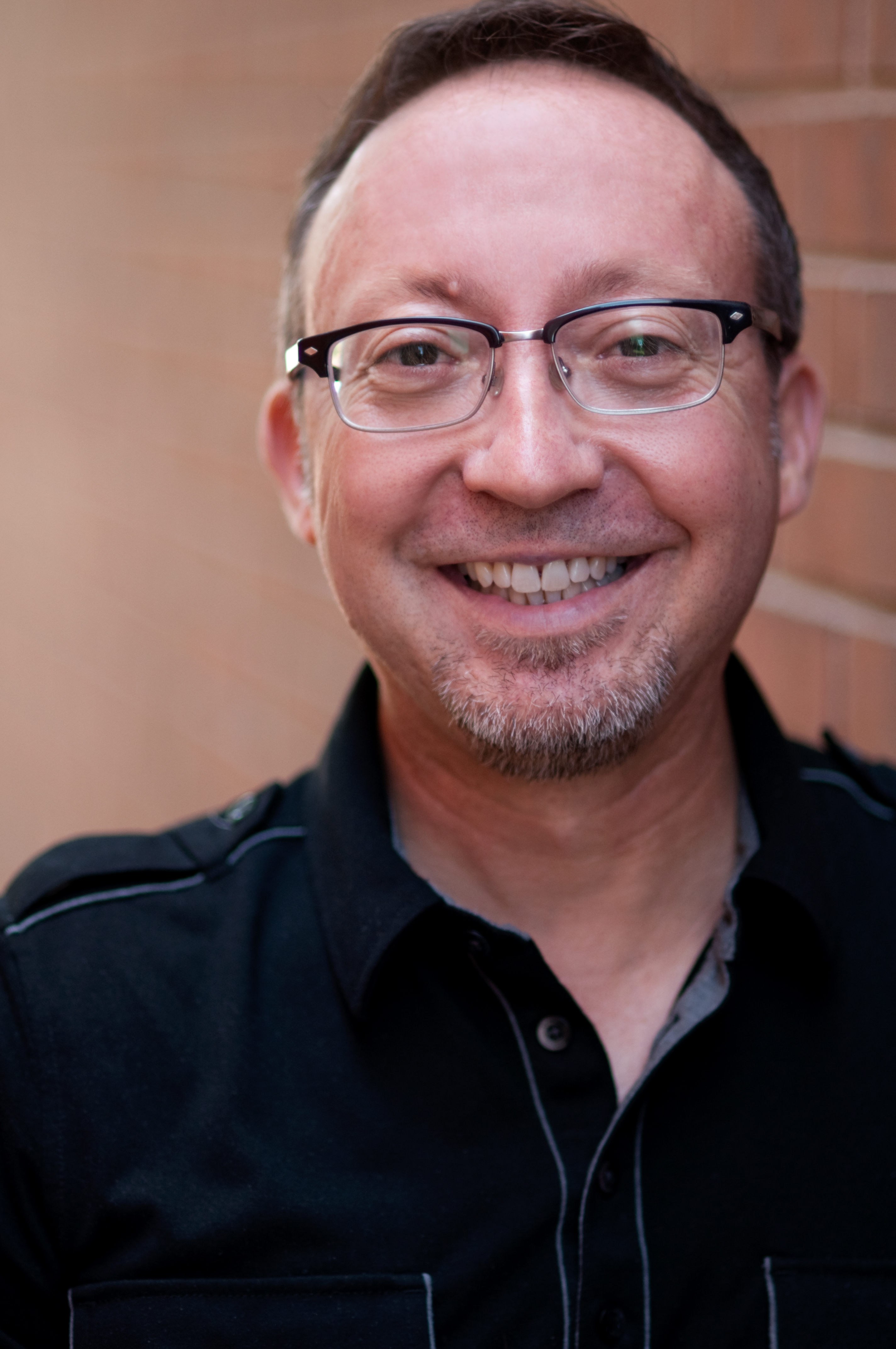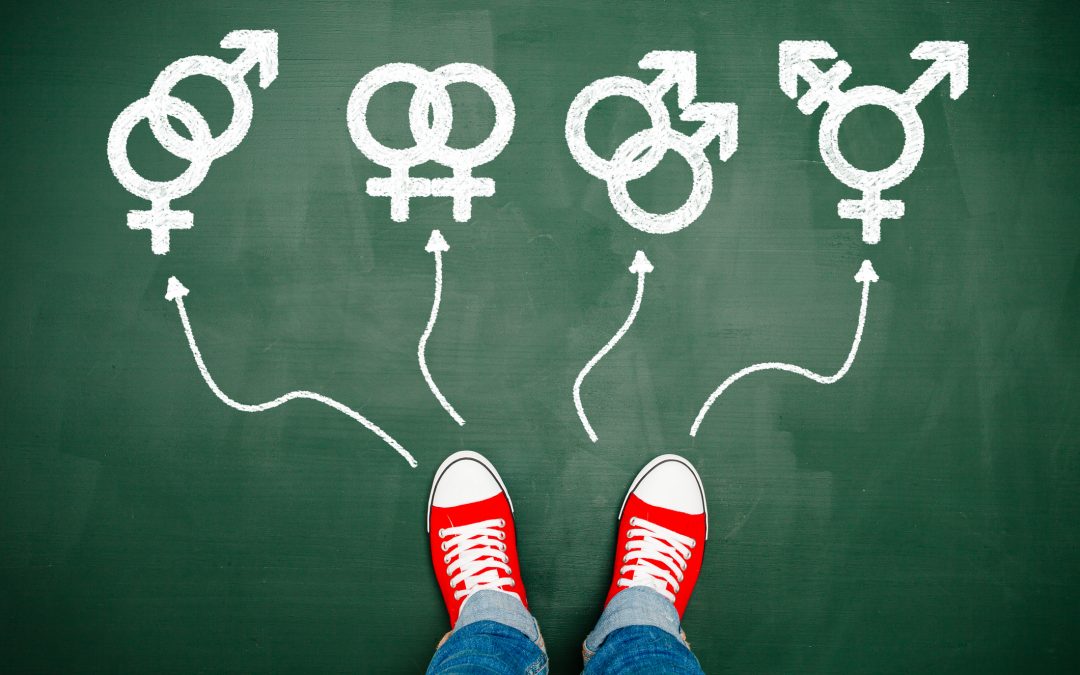There are many different ways men and women navigate attractions towards the same gender. As people come to conclusions about their desires, this can influence how they view themselves and their sexual identity. One’s faith and relationship with God is also a contributing (and messy) factor. An outcome might mean adopting a certain sexual identity label (ie-gay, lesbian, bisexual, gay Christian, etc). When asked how the church can love the LGBTQ+ community better, I usually begin by describing different groups of people:
- Those living in the LGBTQ+ Community
- Some who would identify as a Gay (LGBTQ+) Christian
- Those who prefer to be identified as Same-Sex Attracted
- LGBTQ+ people who have been wounded and leave or change their faith
With the diverse ways people live this out, the way we journey and pastorally care for them should be nuanced.
When I was living in the gay community back in my 20’s (There was only one letter for everyone then – “G”), I was pretty wary of Christians. I had been personally wounded by Christians in my past. The tele-evangelists of the 80’s didn’t help much either. Some frequently and loudly blamed the AIDS epidemic as God’s wrath on gay men. My assumption was that all Christians hated and condemned the gay community.
Now I’m a Christian, and my life looks completely different. What I believe about my sexuality has changed also—what happened? A Christian man took an interest in me, became my friend and continued to share Jesus with me. I found myself in Christ (thank God!) and soon found the environment of WGA. I am grateful to God and for this man’s willingness to journey with me. His witness of Christ changed the course of life. How can Christians love the LGBTQ+ community better? Let’s unpack the question.
For those living in the LGBTQ+ community
This group of people has been wounded by Christians and are wary of people of faith. How would I engage and care for a gay, lesbian or transgender person who has a different world view on areas like sexuality, marriage and gender/sexual expression? How would I share my own perspectives, thoughts and views when they might possibly be offended by them?
Level the Playing Field with Humility
In Matthew 18:21-35, Jesus shares a parable about an unmerciful servant who owes his master an incredible debt. Unable to pay such a huge amount of money, the servant begged for mercy. The compassionate master took pity on his servant, and forgave the huge obligation. But then, the wicked servant turns around and shakes down his buddy regarding a debt that was for much less. Let’s just say the master wasn’t too pleased. I think as Christians we forget we were once “enemies of the cross” and were relieved of our great debt. It’s easy now that we’re forgiven to take God’s grace for us but go around shaking others down. We can level the playing field by leading from a humble position. We remember it is by grace we are saved and not by some amazing thing we ourselves do.
Have a Missionary Heart
The LGBTQ+ community is a ripe mission field. What would happen if we saw it this way rather than participating in the culture wars? It is a group of people who need to experience God’s love like any other person. It always surprises me when Christians get angry when those “living in the world” don’t act like Christians. Doesn’t that seem like an unreasonable expectation? I love listening to missionaries share about how they interact with “foreign” cultures. They are not surprised or appalled when there a folks doing cultural things we’d consider sinful. Missionaries take time to learn what helps to connect with the people they want to love and serve. How can they avoid things that may be seen as offensive? What language and words would be helpful and not harmful? They are compassionate when they see pain and difficulty. We could learn many lessons from this approach.
Grace and Truth Applied
Many in the LGBTQ community have had painful experiences with Christians or churches. They anticipate judgement or condemnation since many have experienced that from Christians or their families. Long, long, seasons of grace may be needed to create a safe place and build back trust. Listen to their story, ask questions and let them be a teacher for what you don’t know. When it comes to God’s truth, it’s all about the timing and what is said (and if God is asking us to say it). Since many LGBTQ+ people have been bludgeoned by the Bible, they need to know the most important truth. The truth is God loves each of them personally and deeply. This is what can be applied over and over in those long seasons of grace and trust building. So many times we start with what we believe is all wrong in a person’s life.
How do I share my Christian Worldview?
We live in a world of communication riddled with “soundbites.” People want short, terse, pithy answers and replies. Yet when we have opportunities to discuss big, personal topics—these are not “soundbite” items. It might take time to share what we believe the Bible says about sexuality, gender and faith. What is God’s intent and design? Why does God put specific boundaries around our sexual expression? It’s a good thing to think through in case a LGBTQ neighbor or friend would like to know your opinion.
I’ve had many friends feel “put on the spot” when asked the inevitable question, “What do you as a Christian believe about gay marriage or transgender people?” The pressure is on to have a perfect answer, yet this isn’t a “soundbite” moment. It’s perfectly fine to have time to think through your answer. Perhaps you make a time for coffee, hear their experience with Christians and the church. Our goal is to share what we believe to be truthful, but share in a way that is grace filled and compassionate.
A relationship with a LGBTQ family member might be more complex. They probably already know what you believe about these things from a Christian worldview. This can be helpful or make the situation more painful and complicated. There are many helpful resources when it’s going to take time for resolution. (see WGA’s website)
But the Gospel is Offensive
No matter what our best intentions are—things may still go awry. We try and respond with what we believe compassionately and humbly, and we may still receive an angry response. Our hard work of developing relationships with LGBTQ+ folks may blow up spectacularly in our face. At these points it’s a good to remember that in a world full of “relative” truth—believing one universal truth is offensive. Jesus says, “I am the way, the truth and the life.” The cross is foolishness to those who are perishing. We follow in the footsteps of Jesus when we offer love, care and pray for those who would perceive us as the enemy.

Scott Kingry
Program Director
A staff member since June of 1992, Scott is a key player in the WGA discipleship ministry. He plans, organizes, and implements every aspect of the Thursday night support group. In addition to public speaking, counseling group participants and training leaders, Scott maintains personal contact with many group members and it is to Scott’s credit that many group members feel personally welcomed, cared for and loved.
Although he holds a degree in graphic arts, he attributes his ministry qualifications to the “school of hard knocks.” God’s abundant grace continues to be the instrument of growth in his life, and he desires to be firmly grounded in the forgiveness and freedom of relationship with Jesus Christ.
Scott attends a Presbyterian Church.
Make a Difference in Someone's Life
If you enjoy reading WGA’s blogs and would like to show your support, please consider making a donation. Where Grace Abounds is a 501(c)3 non-profit organization. The majority of services, including support groups and discipleship counseling, are provided free of charge. Your financial gifts help to cover the costs associated with offering a free program to those who seek WGA’s services.

